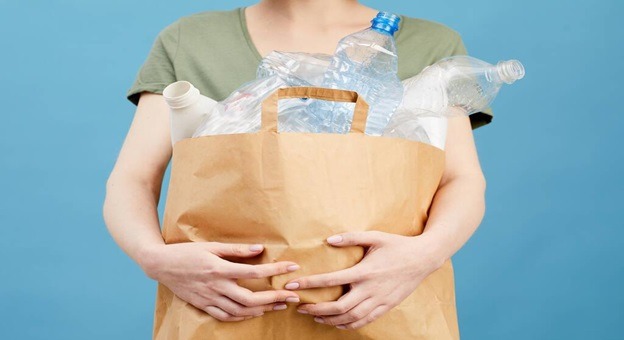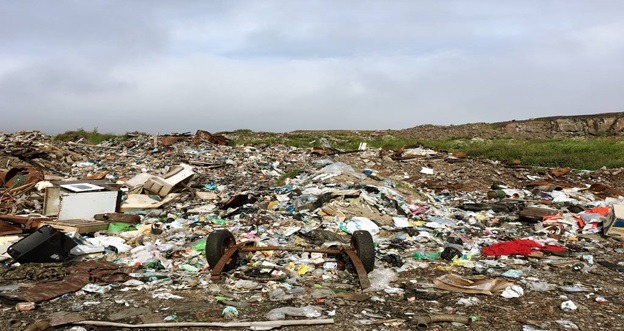Have you ever heard of the term ‘waste’? It refers to anything that is discarded, either temporarily or permanently, because it has no further use or value. Waste can be found in many forms and is a growing environmental issue. Understanding the different types of waste and their sources can help you reduce your own contribution to this global problem.
The first type of waste is called biodegradable waste. This includes organic materials such as food scraps, paper products, yard trimmings, and wood chips that will eventually break down into soil-enriching nutrients when exposed to bacteria in the environment. Biodegradable waste should be composted whenever possible so that it can be reused rather than disposed of in a landfill.
The second type of waste is non-biodegradable or man-made materials such as plastic bags and bottles, styrofoam packaging, and aluminum cans which do not easily decompose over time due to their chemical composition. These materials are mostly derived from petroleum products so they are difficult to recycle or reuse meaning they most often end up in landfills where they take up space for years on end until they eventually break down into tiny particles which then make their way into our water sources causing pollution issues across our planet. You can click on this link https://tidy.com.sg/type-of-services/disposal-recycling/ to learn more about disposing of hazardous garbage securely.
Reduce Waste at Home
The importance of reducing waste at home cannot be overstated. With so much of our daily life now being heavily reliant on single-use items, it is more important than ever to take steps to minimize our environmental footprint. Here are three simple strategies you can use to reduce the amount of waste produced in your household:
- Reuse Items: One of the best ways to reduce your household waste is by reusing items whenever possible. This can include everything from plastic containers and jars, which can be repurposed for storing food or craft supplies, to everyday clothing and furniture that has been given a new lease on life through upcycling or mending. Reusing items also helps cut down on production costs associated with buying new things, as well as potential landfill waste from disposing of old products.
- Recycle Whenever Possible: While many households have adopted recycling as part of their regular routine, some still don’t understand how important it is for reducing the number of wasteful materials that end up in landfills and pollute our environment. By recycling common household items such as paper, cardboard boxes, glass bottles and jars, aluminum cans, and plastic containers (with labels 1–7), we can help keep these materials out of landfills while also saving energy.
Properly Dispose of Hazardous Materials
According to the Environmental Protection Agency, improperly disposing of hazardous materials can pose a serious threat to human health and the environment. It is important for individuals to understand how to properly dispose of these materials in order to protect their health and the environment.
Hazardous materials can come in a variety of forms, such as chemicals, paints, batteries, used motor oil, and fluorescent bulbs. These items must be disposed of using specific procedures or they may cause harm when released into the environment.
In order to properly dispose of hazardous materials it is important to read labels on the packaging or product containers for instructions on proper disposal methods. Many products may require special handling or recycling through certified waste management companies. It is also important not to mix different types of hazardous material together as this could create even more dangerous chemical compounds that are difficult or impossible to dispose of safely.
In addition, it is important never to pour hazardous material down drains or sewers as this can contaminate water sources which could have far-reaching consequences for humans and wildlife alike.
Furthermore, some residential communities offer hazardous waste collection programs where households can bring certain types of household waste like pesticides and paint thinners which cannot be disposed of with regular trash collection services. By taking advantage of these programs individuals help ensure that this waste is put to good use and disposed of properly.


